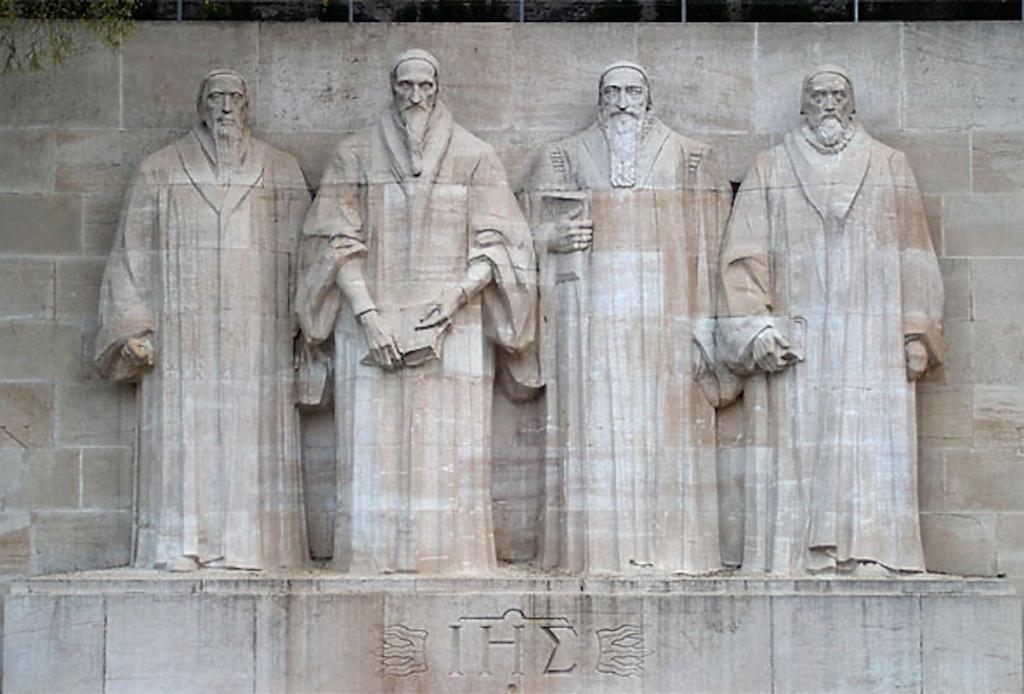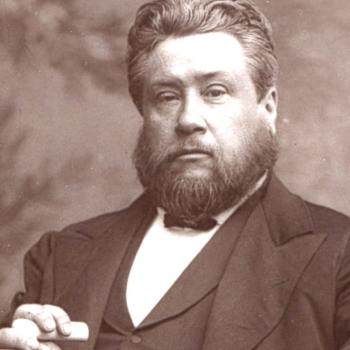
Historically Christian views on marriage went through a phase of being very restrictive from the Early Church Fathers to the Middle Ages. Marriage was seen as sacred and indissoluble. Those who separated were not permitted to remarry.
In more recent times views gradually became less restrictive. This process began during the Reformation. In this short extract from Christianity Today we see how the Reformers held different views to each other:
The Protestant Reformers, claiming to return to biblical teaching, rejected both the sacramental nature and the absolute indissolubility of Christian marriage. According to the Bible, they said, marriage is certainly holy and is in principle indissoluble, but there are certain acts that break the marriage bond and hence permit divorce and remarriage. The Reformers could not agree, however, on the legitimate grounds—scriptural or otherwise—for divorce.
A strong advocate of faithfulness as a chief Christian virtue, Luther was not always sure that the Catholics were wrong about indissolubility, and he once said half seriously that bigamy might be preferable to divorce. He came to see divorce, however, as a permissible last resort in cases of infidelity, impotency, refusal of marital relations, and desertion. He strongly supported remarriage for the offended party. Melanchthon, Luther’s colleague, limited the grounds to two, infidelity and desertion, on the basis of the “Matthean exception” and “Pauline privilege.”
Similarly, Reformers John Calvin and Theodore Beza allowed divorce only for adultery and, more hesitantly, for desertion on grounds of irreconcilable religious differences. In 1561, the Calvinist city of Geneva enacted a law permitting divorce, as a last resort, for these two reasons.
The Radical Reformers, such as the Anabaptists and Hutterites, recognized adultery as legitimate grounds for divorce on the basis of Matthew 5, but they were divided on the Pauline privilege. Unlike the Lutherans and Calvinists, the Radical Reformers generally forbade remarriage following divorce.
More liberal attitudes to divorce came from Zwingli in Zurich and Martin Bucer in Strasbourg. Zwingli believed that the cause of adultery in Matthew 5 was intended only as one example (and not the most serious one), to which could be added other legitimate causes, such as abandonment, endangerment of life, and insanity. Bucer went further still, becoming the first Christian leader to permit divorce by mutual consent.
Gorman, M. (1992) “Divorce and Remarriage from Augustine to Zwingli,” Christianity Today, p. 31.
In Calvin’s commentary on Matthew 19:9 he says “though Christ condemns as an adulterer the man who shall marry a wife that has been divorced, this is undoubtedly restricted to unlawful and frivolous divorces.”
Packer explains this further:
[Jesus] did not deny that hearts continue to be hard; so that divorce, though always in itself an evil, may sometimes be permitted on a lesser-evil basis.
Paul says that one who has become a Christian and then been deserted by an unbelieving partner is not “bound” (1 Cor. 7:15). This evidently means that he or she may regard the relationship as finished. Whether this should be held to confer right of remarriage has been disputed, and Reformed opinion has long been divided on the matter.
The Westminster Confession (XXIV.5–6) states with cautious wisdom what most Reformed Christians, reflecting on the Scriptures quoted above, have down the centuries found themselves agreed on regarding divorce:
In the case of adultery after marriage, it is lawful for the innocent party to sue out [secure] a divorce: and, after the divorce, to marry another, as if the offending party were dead.
Although the corruption of man be such as is apt to study arguments unduly to put asunder those whom God hath joined together in marriage: yet, nothing but adultery, or such wilful desertion as can no way be remedied by the church, or civil magistrate, is cause sufficient of dissolving the bond of marriage: wherein, a public and orderly course of proceeding is to be observed; and the persons concerned in it not left to their own wills, and discretion, in their own case.
Packer, J.I. (1993) Concise theology: a guide to historic Christian beliefs. Wheaton, IL: Tyndale House, pp. 230–231.
I found this quote in my Logos Bible Software library If you do not yet have this wonderful Bible Study tool or you are due an upgrade, readers of this blog get a 10% discount.
Read More
Men and woman CAN be friends: retiring the Billy Graham rule














